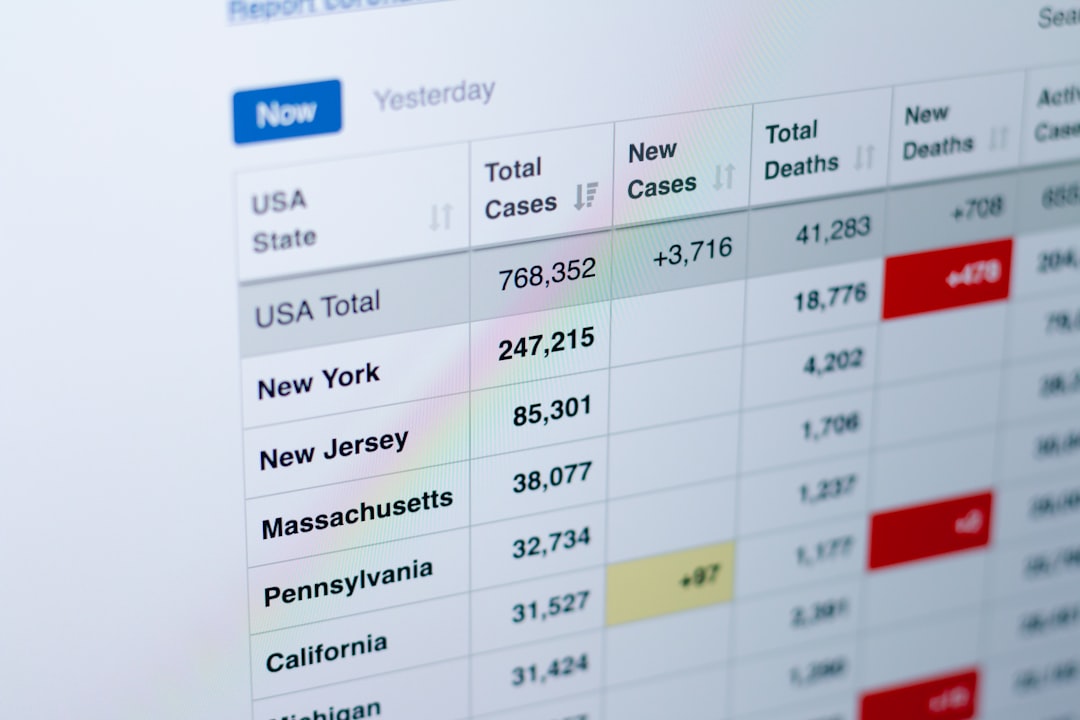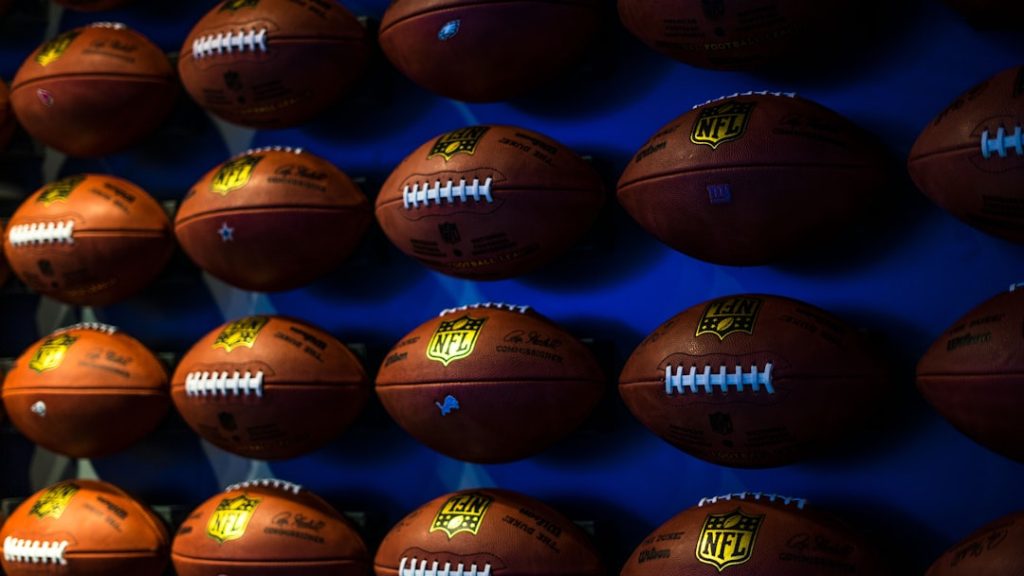In recent years, artificial intelligence (AI) has made a significant impact across sectors—and professional sports in the United States is no exception. From NBA courts to MLB diamonds and NFL training camps, AI is increasingly becoming a crucial tool for scouting and evaluating athletic talent. This blend of data science and competitive sports is not just a trend—it’s becoming a competitive necessity.
Traditional scouting methods, which rely heavily on human intuition and subjective evaluation, are being augmented—and in some cases, supplanted—by advanced AI systems. These technologies analyze vast amounts of performance data to uncover insights that were previously invisible to even the most experienced scouts. As teams face increased pressure to make smart personnel choices, AI is proving incredibly effective in identifying promising talent more accurately and efficiently than ever before.
How AI Is Changing Talent Scouting
The use of AI in talent scouting revolves around analyzing data to assess player potential and fit. This data can include statistics, video footage, biometric information, and even psychological indicators. With machine learning algorithms, it becomes possible to detect patterns and forecast a player’s future performance in a way that significantly reduces human error or bias.
- Performance Analytics: AI systems track metrics like speed, agility, reaction time, and decision-making under pressure, drawing from in-game and training data.
- Injury Prediction: By analyzing biomechanics, AI can assess how likely a player is to sustain specific injuries, helping teams make safer recruitment decisions.
- Video Analysis: AI tools can process thousands of hours of footage to compare a player’s movements with those of proven successful athletes, accelerating talent comparisons.

One leading example is the NBA’s use of SportVU cameras, which collect movement data 25 times per second during games. Combined with AI, the data helps scouts evaluate players based on their spatial awareness and decision-making—factors traditionally difficult to quantify. In baseball, teams like the Houston Astros and Los Angeles Dodgers are using AI to track unconventional but high-potential players in minor and international leagues, helping them gain an edge over competitors relying solely on conventional metrics.
Benefits to Teams and Players
Perhaps the greatest strength of AI in scouting is its objectivity. Unlike human scouts who may have conscious or unconscious biases, AI assesses players purely on the data. This not only levels the playing field for lesser-known talents but also gives teams access to a broader pool of potential recruits.
For example, AI scouting has been credited for helping uncover under-the-radar athletes in low-profile college conferences or overseas leagues. Players who may have been overlooked due to a lack of exposure are now identified because their performance data reveals true potential. In turn, teams benefit by recruiting undervalued players who prove to be game-changers once integrated into professional systems.

Challenges and Ethical Considerations
Despite its advantages, AI-based scouting is not without its limitations. The accuracy of predictions strongly depends on the quality and variety of the data input. An AI system trained on incomplete or biased data may generate flawed conclusions, perpetuating the very problems it aims to solve. Additionally, there are concerns about data privacy and consent, as athletes’ biometric and performance information becomes increasingly commodified.
Another ethical dilemma involves the potential for over-reliance on technology. While AI can offer tremendous insights, it is crucial for teams to balance data-driven evaluations with human judgment. Coaches, scouts, and analysts bring contextual knowledge—team culture, personal history, and mental resilience—that no algorithm can yet replicate perfectly.
The Future of Scouting in U.S. Sports
As AI capabilities continue to evolve, its role in sports scouting is expected to deepen. Future developments may include more refined psychological profiling, deeper integration with virtual reality for simulation training, and increasingly predictive modeling based on career trajectory data. Teams that invest early in AI scouting infrastructure are likely to gain a lasting competitive edge in recruiting and development.
And it’s not just professional leagues—colleges and amateur sports organizations are beginning to adopt similar technologies, democratizing access to elite scouting tools.
In short, AI is no longer a futuristic concept in sports—it’s a present-day reality that is reshaping how talent is identified, developed, and maximized. Organizations that embrace this evolution thoughtfully and ethically are positioning themselves for long-term success, both on and off the field.
